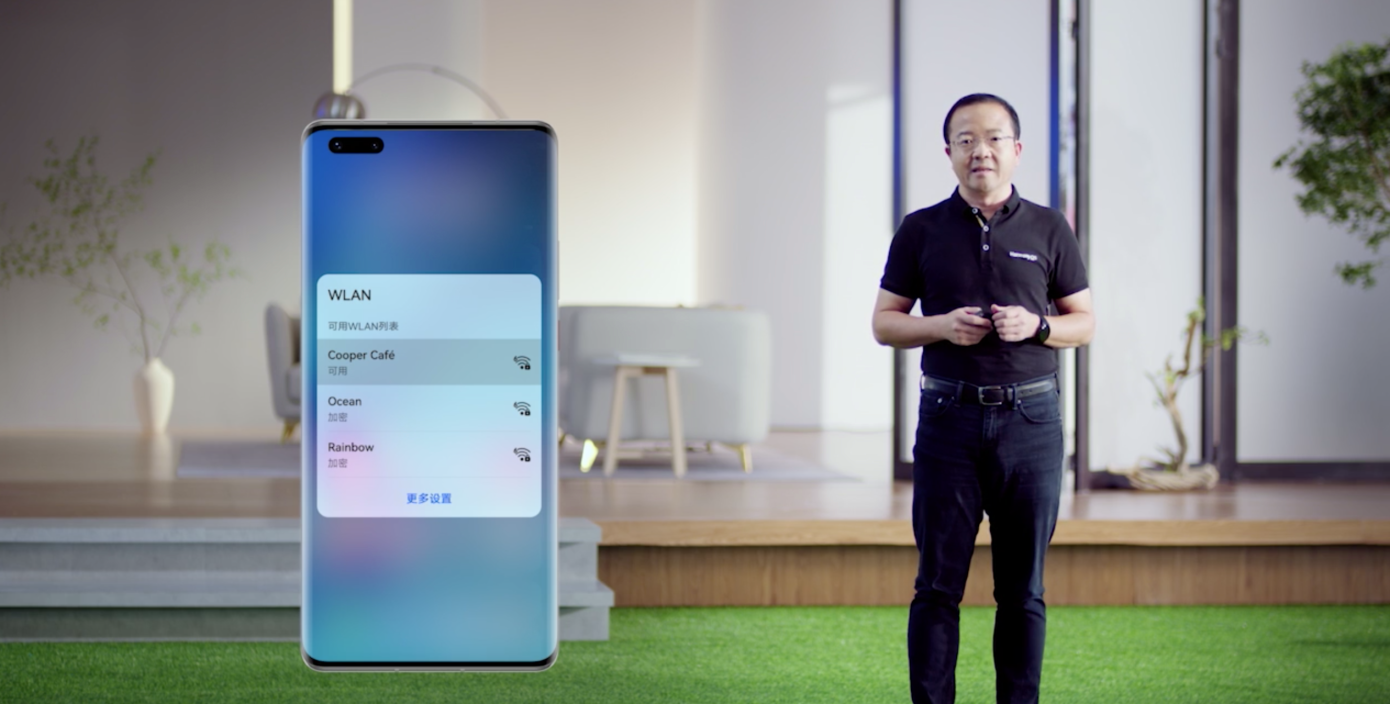
Software
Huawei has officially launched HarmonyOS, an Android alternative for smartphones.

Huawei has officially unveiled HarmonyOS, their proprietary mobile operating system. The company began developing the operating system in 2016, and in September, it began allowing developers to create HarmonyOS-compatible apps for tablets, electric vehicles, and smartwatches. Starting on Wednesday, Huawei's premium smartphones, such as the Mate 40, will be upgraded to HarmonyOS, with lower-end versions following in the coming quarters.
Huawei stated that HarmonyOS is not intended to replace Android or iOS. Rather, it has a broader use, powering a growing number of smart gadgets in addition to phones and tablets. Huawei has been attempting to get hardware and home appliance makers to join its ecosystem to this aim.
More than 500,000 developers have created apps based on HarmonyOS to far. It's unknown whether Google, Facebook, or other popular Western apps are developing HarmonyOS equivalents.
Some Chinese IT companies have responded to Huawei's request. Meizu revealed on its Weibo account that HarmonyOS may be used in its smart gadgets. Oppo, Vivo, and Xiaomi, who are far bigger than Meizu, are likely to be more hesitant to adopt a competitor's operating system.
Huawei wants to combine all HarmonyOS-powered devices into a single control panel that can, for example, pair Bluetooth headphones and a TV remotely. A game played on a phone may be smoothly resumed on a tablet. A smart soymilk blender can tailor a drink to a user's health data from their wristwatch.With a simple plug-in, devices that aren't currently running HarmonyOS can connect with Huawei devices. If the HarmonyOS plug-in is installed on a Windows-based laptop, photos may be saved straight to a Huawei phone. That begs the question of whether Android, or even iOS, will be able to communicate with HarmonyOS in the future.
HarmonyOS was released only days before Apple's annual developer event, which is set to take place next week. According to MacRumors, a recent job offering from Apple highlighted a supposedly new idea called homeOS, which might be related to Apple's smart home approach.
Huawei refuted claims that HarmonyOS is a clone of Android, claiming that no single line of code in HarmonyOS is similar to that of Android. Huawei's representative declined to comment on whether the operating system is based on Linux, the kernel that runs Android.
Several IT behemoths have attempted, but failed, to launch their own mobile operating systems. Alibaba created AliOS, a Linux-based operating system, but hasn't updated it in years. Samsung dabbled in Tizen, but the operating system is restricted to a few Internet of Things devices, such as smart TVs.
In comparison to its predecessors, Huawei may have a greater chance of attracting developers. Despite losing a significant portion of its business after the US government cut it off from vital chip suppliers, it is still one of China's major smartphone brands, limiting its capacity to develop cutting-edge phones. If Huawei can capture the demands of developers who are dissatisfied with Android, HarmonyOS has a chance to become a viable alternative.
The US sanctions do not prevent Huawei from adopting open-source Android software, which is used by major Chinese smartphone manufacturers to create their own Android operating system.
